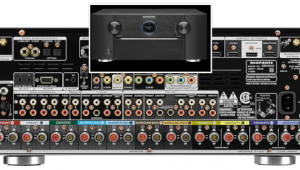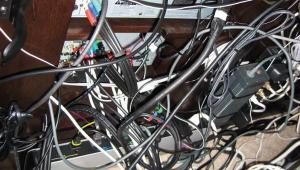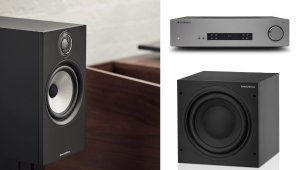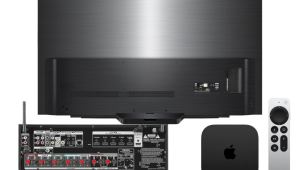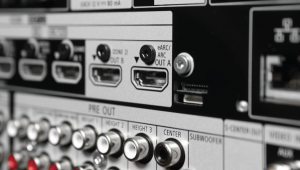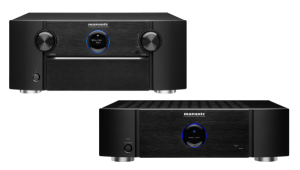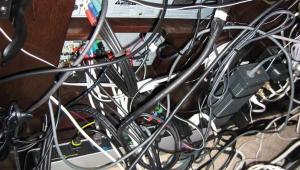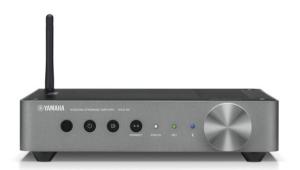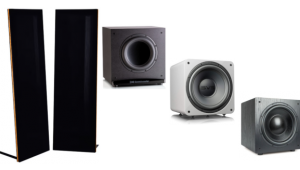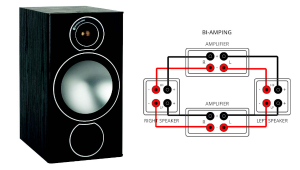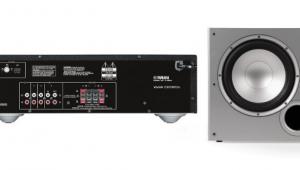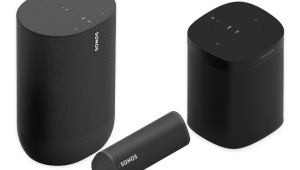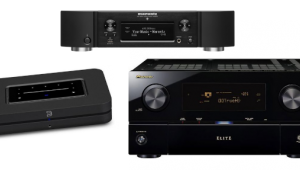Do Lossless DTS-HD MA Soundtracks Stay Lossless?

Q I have a question about playing 7.1 DTS-HD Master Audio soundtracks on a 5.1 speaker system. I understand that my receiver will mix the back rear channels into the surround channels, but will that cause the playback to lose the lossless quality DTS-HD Master Audio was designed to deliver? —Len Shift
A No. But let’s backtrack a bit to explore why. DTS-HD Master Audio soundtracks use a clever core-plus-extension structure that guarantees compatibility with all manner of hardware configurations, from 7.1-channel speaker rigs driven by high-end AV receivers, to the basic stereo speakers in your TV.
Here’s how it works. When a DTS-HD Master Audio soundtrack is encoded, two elements are created: 1) a lossy 5.1 “core” version that can be processed by regular decoders such as the one in a TV or a legacy AV receiver or processor, and 2) a lossless “extension” consisting of the audio data that remains after the core version is extracted. Both the core and extension data are then combined into a single data stream.
When a disc with a DTS-HD Master Audio soundtrack is played back, depending on the capabilities of your hardware the DTS decoder will either process the core 5.1 version (downmixing to 2-channel PCM if necessary), or process both the core version plus the extension data to effectively reconstruct the full lossless 5.1- or 7.1-channel soundtrack. In cases where a 7.1 DTS-HD Master Audio soundtrack is played on a 5.1 system, the back rear and side channel information is folded to a single set of stereo surround channels, but the resulting audio is still output in lossless, high-resolution format.
In case you were wondering, the new DTS:X format is similarly scalable, providing full-resolution output to speaker configurations ranging from 11.1 (or more!) to 2.1. With DTS:X, however, a proprietary technique called speaker remapping is used to format the object-based audio data for a specific speaker configuration.
- Log in or register to post comments
